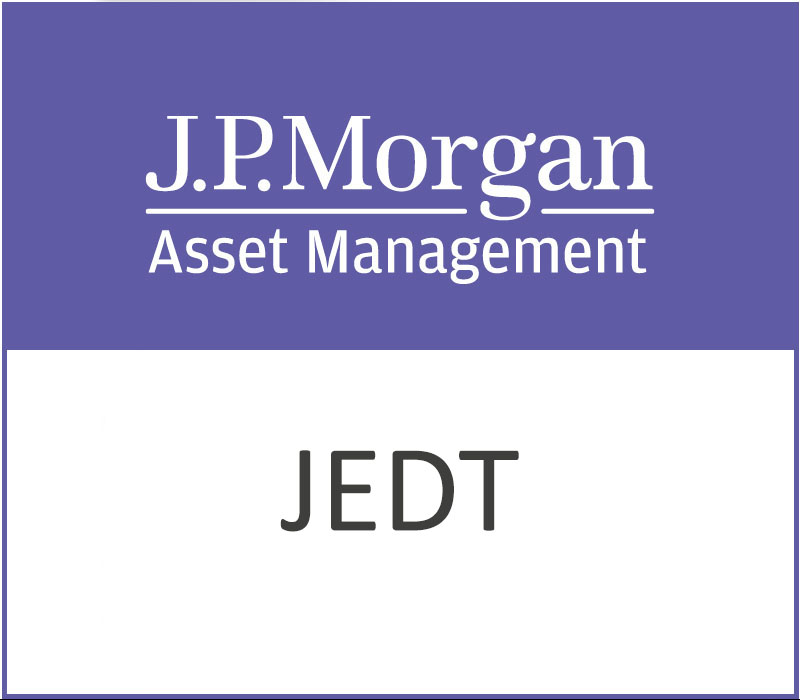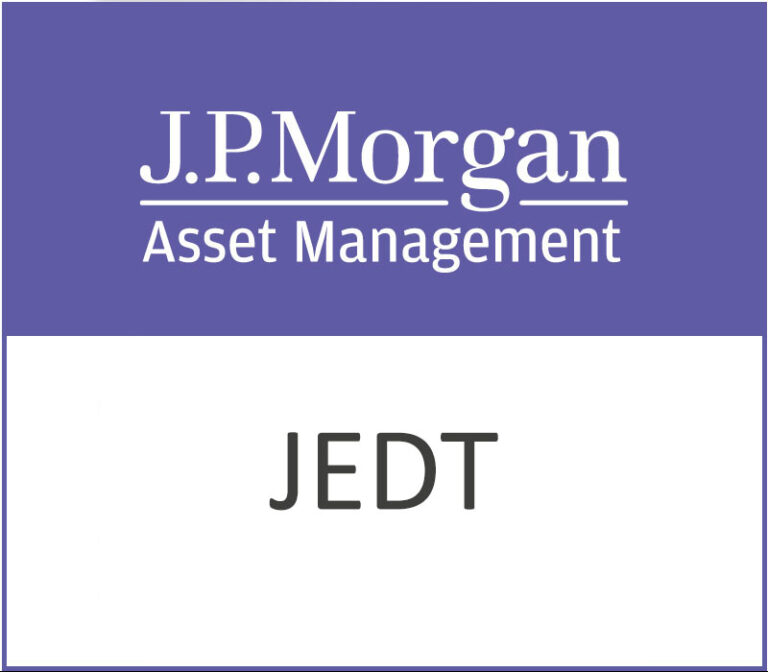A subtle shift in Washington and Brussels has rippled through trading floors, prompting a reassessment of risks that felt set in stone. As negotiators edge towards a reciprocal tariff accord, the usual caution that comes with looming tariffs is being replaced by a newly bold willingness to reallocate capital, setting the stage for a market dynamic few saw coming.
When trading began on 24 July, Europe’s STOXX 600 quietly pushed higher, shrugging off months of cross-Atlantic brinkmanship to notch its loftiest close in six weeks. The German DAX found fresh footing, rising around half a per cent, while Spain’s Ibex outpaced rivals with a 1.5% uptick, a reflection of optimism that Brussels and Washington can defuse the threat of steeper levies. This lift followed news that a pact mirroring the recent US-Japan deal is close to being sealed, under which both sides would cap baseline tariffs at 15 per cent rather than unleash the 30% duties once threatened. Investors, having lived through repeated skirmishes over steel, aluminium and autos, are treating this as more than just diplomatic semantics. They are recalibrating expectations for corporate earnings, reassessing currencies and even reconsidering interest-rate forecasts.
The euro, which had spent recent sessions on the back foot, slipped modestly as traders priced in less urgency for European Central Bank easing, while bond yields crept upward in tandem with the shift towards a more constructive growth outlook. A cluster of heavyweight exporters led the turnaround, with automakers such as Germany’s leading marques and major pharmaceutical names fast recovering ground lost in earlier tariff clashes. Those shares not only recouped bruises but extended gains from the prior session, suggesting that market participants now see a deal as a genuine shield against downside risk.
Meanwhile, beneath the surface rally, analysts noted that the prospect of stable trade policy has prompted a subtle pivot in fixed-income strategies: expectations of deep rate cuts have been pared back, reflecting a view that economic momentum may prove sturdier if costly tariffs remain constrained. Yet the path ahead remains lined with potential stumbling blocks. The European Commission has quietly amassed a €93 billion menu of retaliatory measures, targeting everything from aircraft and scrap metal to denim and poultry, that will be poised for activation should talks collapse by the 1 August deadline. These instruments are being held in reserve rather than abandoned, a strategic choice intended to lend weight to negotiations without immediately unsettling markets.
As daily technical haggles between trade envoys continue, investor attention will sharpen on next week’s ECB policy decision. While policymakers are widely expected to stand pat on rates, the interplay between central-bank guidance and the evolving trade narrative could redefine the thresholds for future monetary action. In this sense, the coming days may prove pivotal not only for tariff policy but also for the broader calibration of risk across European assets.
JPMorgan European Discovery Trust plc is an investment trust company. The Investment Trust JEDT objective is to achieve capital growth from a portfolio of quoted smaller companies in Europe, excluding the United Kingdom.






































